Wisconsin Democrats respond to racism, sexism against Harris
Former President Donald Trump and supporters have made many racist and misogynistic statements about Vice President Kamala Harris — Wisconsin Democrats consider how to handle such comments.
By Zac Schultz | Here & Now
August 23, 2024
In July, former President Donald Trump was in the middle of a hostile back and forth with journalist Rachel Scott, a Black woman, when he questioned the ethnicity of Vice President Kamala Harris.
“I didn’t know she was Black until a number of years ago when she happened to turn Black,” Trump said in an interview at the National Association of Black Journalists convention. “And now she wants to be known as Black. I don’t know, is she Indian or is she Black?’
These comments came just a few days after old and now infamous clips resurfaced showing Trump’s choice for vice president — Ohio U.S. Sen. J.D. Vance — had said the country under Democrats was being led by “childless cat ladies.”
- Former President Donald Trump makes comments about the racial identity of Vice President Kamala Harris at the National Association of Black Journalists in Chicago on July 31, 2024, remarks widely perceived as racist. (Credit: PBS Wisconsin)
- Republican vice presidential candidate Ohio U.S. Sen. JD Vance speaks at a campaign event on August 7, 2024 in Eau Claire. Vance has repeatedly made remarks perceived to be sexist. (Credit: PBS Wisconsin)
As these comments and others that are far worse echo throughout conservative social media and into real conversations, Here & Now wanted to know what Wisconsin delegates at the 2024 Democratic National Convention in Chicago think is the best response.
Some say the most powerful thing is to not let it go unchallenged.
“If something is racist, then we should say that it’s racist. If something is sexist, then we should say what the thing is — we should say that it is sexist. And there certainly are those things that are coming out on the Republican side towards Vice President Harris and her candidacy to be the first woman and the first Black woman to be President of the United States,” Milwaukee Mayor Cavalier Johnson said.
- Milwaukee Mayor Cavalier Johnson, attending the 2024 Democratic National Convention in Chicago, discusses engaging with racist and sexist rhetoric. “If something is racist, then we should say that it’s racist. If something is sexist, then we should say what the thing is — we should say that it is sexist,” Johnson said. (Credit: PBS Wisconsin)
- Former Wisconsin Lt. Gov. Mandela Barnes, attending the 2024 Democratic National Convention in Chicago, discusses engaging with racist rhetoric. “Yeah, the response should be decency — and Wisconsin is a state that prides itself on decency,” Barnes said. (Credit: PBS Wisconsin)
“I would never suggest ignoring anything racist or sexist when you’re talking to somebody. Call it out. Indicate that that is not acceptable for you to be hearing that,” said Lt. Gov. Sara Rodriguez.
Ann Jacobs, who is also a Democratic appointee to and chair of the Wisconsin Elections Commission, concurred with these perspectives.
“I think, number one, you got to call it out when you see it. Pretending it’s not there doesn’t make it go away. It gives it power. So we have to talk about it and recognize it for what it is,” she said.
- Wisconsin Elections Commission Chair Ann Jacobs, attending the 2024 Democratic National Convention in Chicago, discusses the significance of spotlighting racist and sexist rhetoric. “I think, number one, you got to call it out when you see it. Pretending it’s not there doesn’t make it go away. It gives it power. So we have to talk about it and recognize it for what it is,” Jacobs said. (Credit: PBS Wisconsin)
- Wisconsin Lt. Gov. Sara Rodriguez, attending the 2024 Democratic National Convention in Chicago, discusses the importance of highlight racism and sexism as it exists in political spheres. “I would never suggest ignoring anything racist or sexist when you’re talking to somebody. Call it out. Indicate that that is not acceptable for you to be hearing that,” Rodriquez said. (Credit: PBS Wisconsin)
Wisconsin’s two Democratic members of Congress have a different approach, having dealt with Trump while he was president.
“That’s the only tool in his toolkit, you know, is fear, racism, sexism,” U.S. Rep. Gwen Moore said.
“I would say just let Donald Trump be Donald Trump because I think right now he’s an asset to Democrats,” said U.S. Rep. Mark Pocan, who suggested engaging with Trump just amplifies the message.
“That focuses on Donald Trump again. And that’s what he loves, no matter how crazy or stupid or something. He says he just wants to be talked about,” Pocan said.
Moore said it only makes sense to engage if you think the person is willing to listen.
“You got to reach out to the reachable people,” she said.
- U.S. Rep. Gwen Moore, D-Milwaukee, attending the 2024 Democratic National Convention in Chicago, discusses the rhetoric of former President Donald Trump. “That’s the only tool in his toolkit, you know, is fear, racism, sexism,” Moore said. (Credit: PBS Wisconsin)
- U.S. Rep. Mark Pocan, D-Town of Vermont, attending the 2024 Democratic National Convention in Chicago, discusses reasons not to engage with the rhetoric of former President Donald Trump. “I would say just let Donald Trump be Donald Trump because I think right now he’s an asset to Democrats,” Pocan said. (Credit: PBS Wisconsin)
“Yeah, the response should be decency — and Wisconsin is a state that prides itself on decency,” said Mandela Barnes, the former lieutenant governor of Wisconsin and the Democratic candidate in the 2022 race for the U.S. Senate.
“Well, you can do both, right? You can call it out, but do it in such a way where you’re not being disagreeable, Like you don’t have to be engaged in a race to the bottom,” Johnson said.
Wisconsin delegate Thelma A. Sias says the best response is to go to work.
“None of these sounds and expressions are things we have not heard. The most critical way we can respond to these acts of racism being a hurdle is to put our shoes on, put our boots on, and begin to walk and knock on doors and ask for voters to come to the polls and vote,” she said.
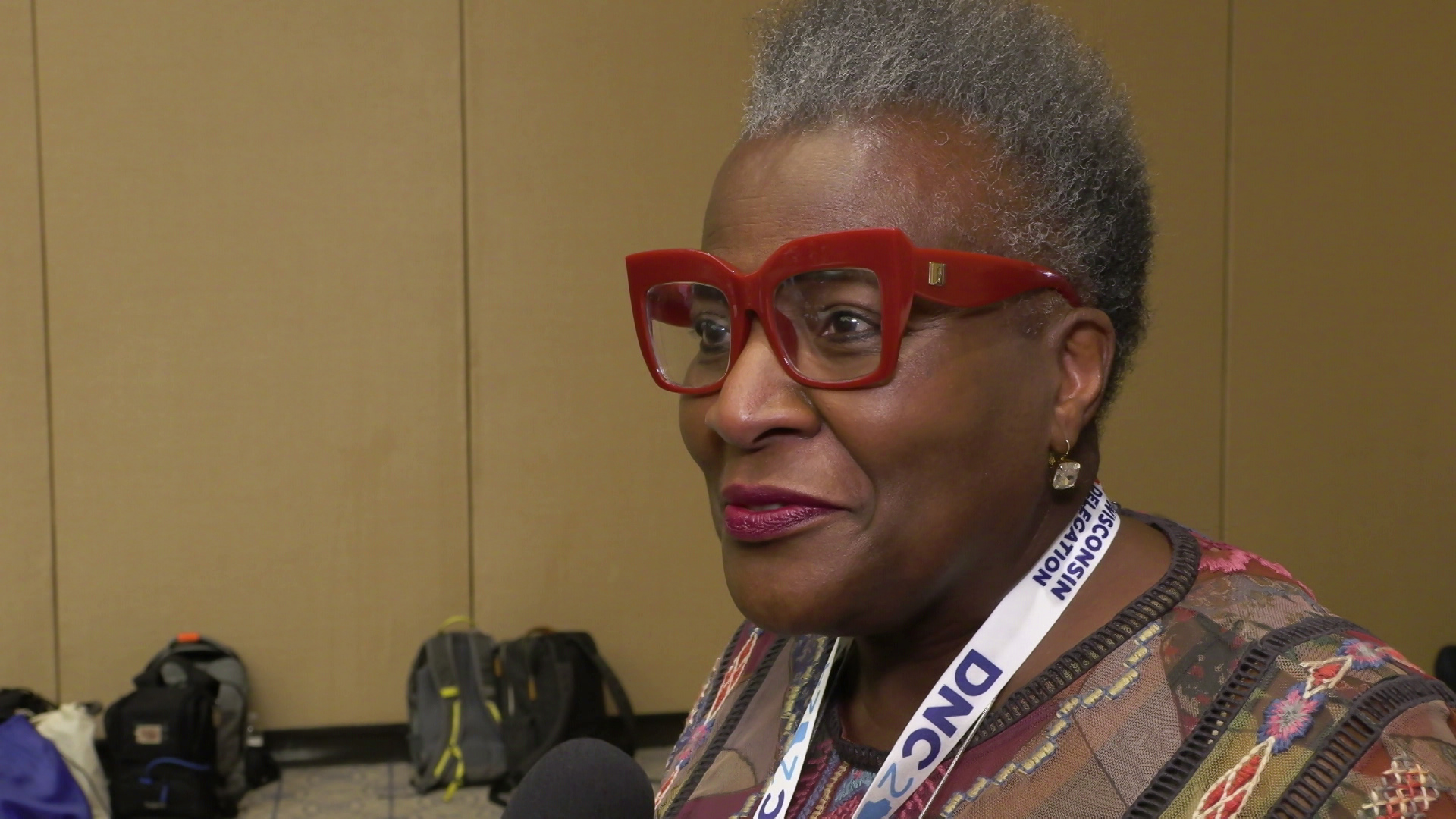
Thelma Sias, a Wisconsin delegate at the 2024 Democratic National Convention, discusses how to respond to racist rhetoric. “Call me any name you want to call, but just know I’m a voter,” Sias said. “I’m going to the polls. I’m voting for the first African American woman on the ballot to become President of the United States of America. That’s my damn story, and I’m sticking to it.” (Credit: PBS Wisconsin)
“The way that we combat that is showing up and using that energy for good,” Barnes said.
“Call me any name you want to call, but just know I’m a voter,” said Sias. “I’m going to the polls. I’m voting for the first African American woman on the ballot to become President of the United States of America. That’s my damn story, and I’m sticking to it.”
 Passport
Passport




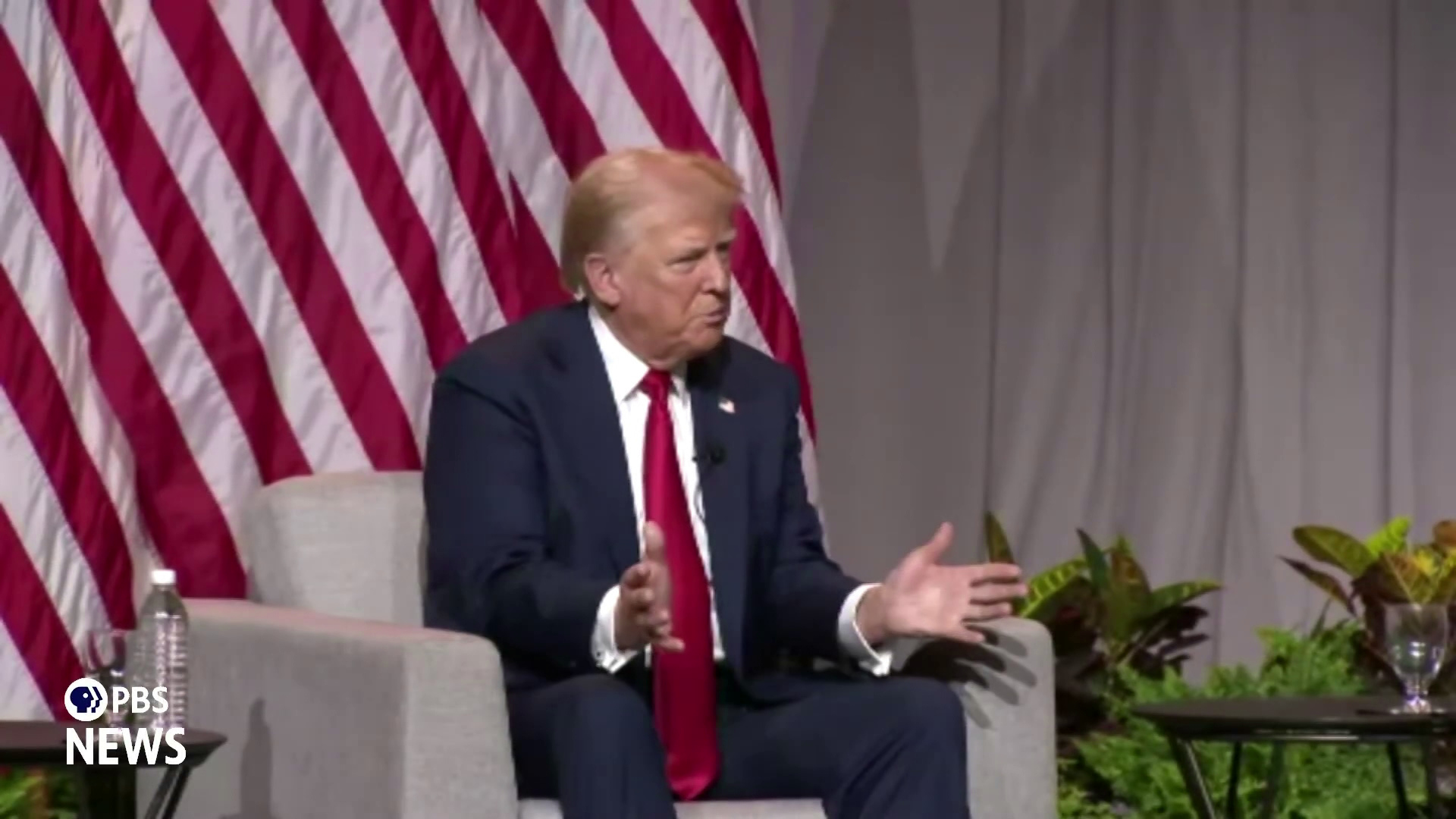

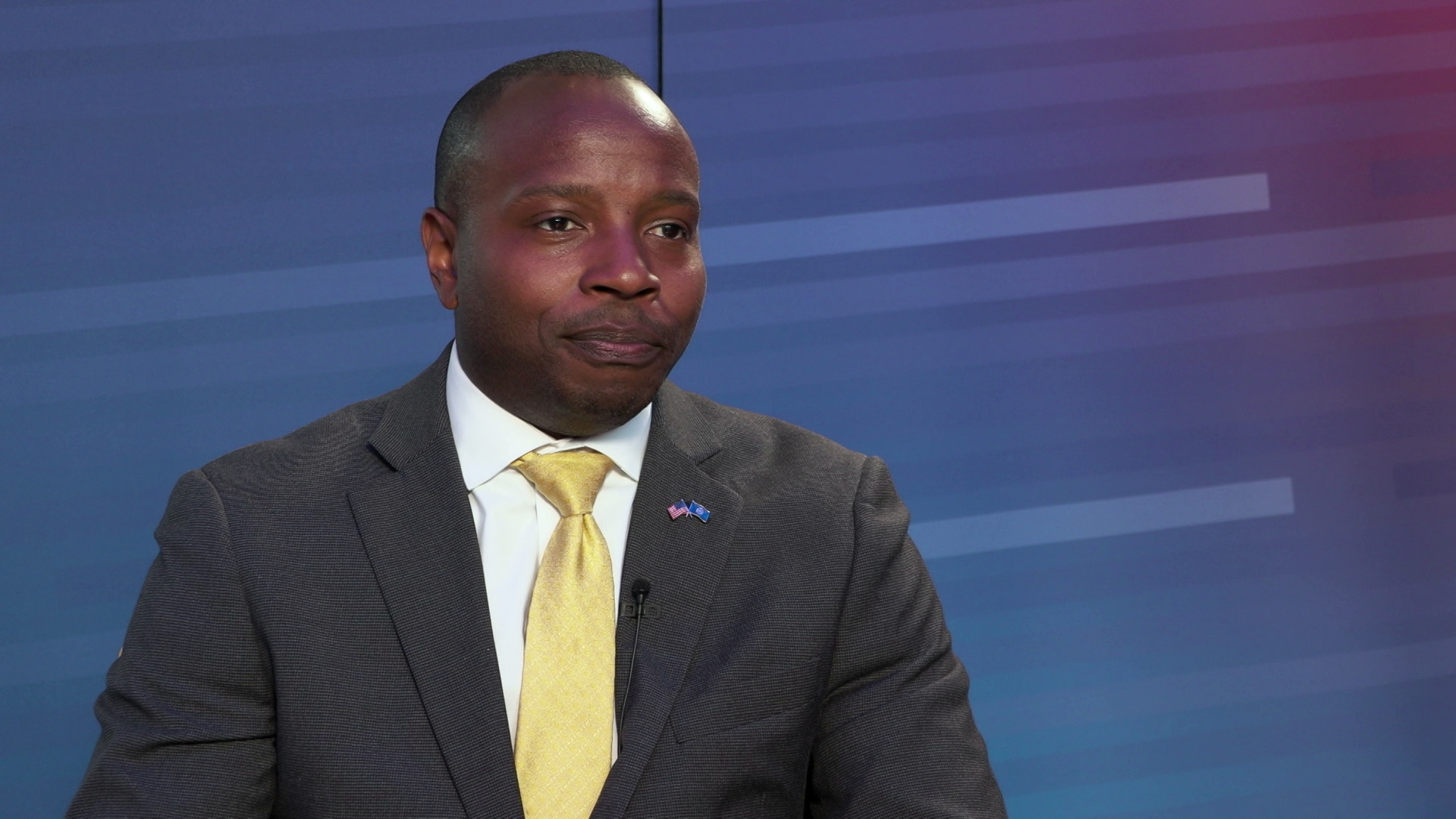
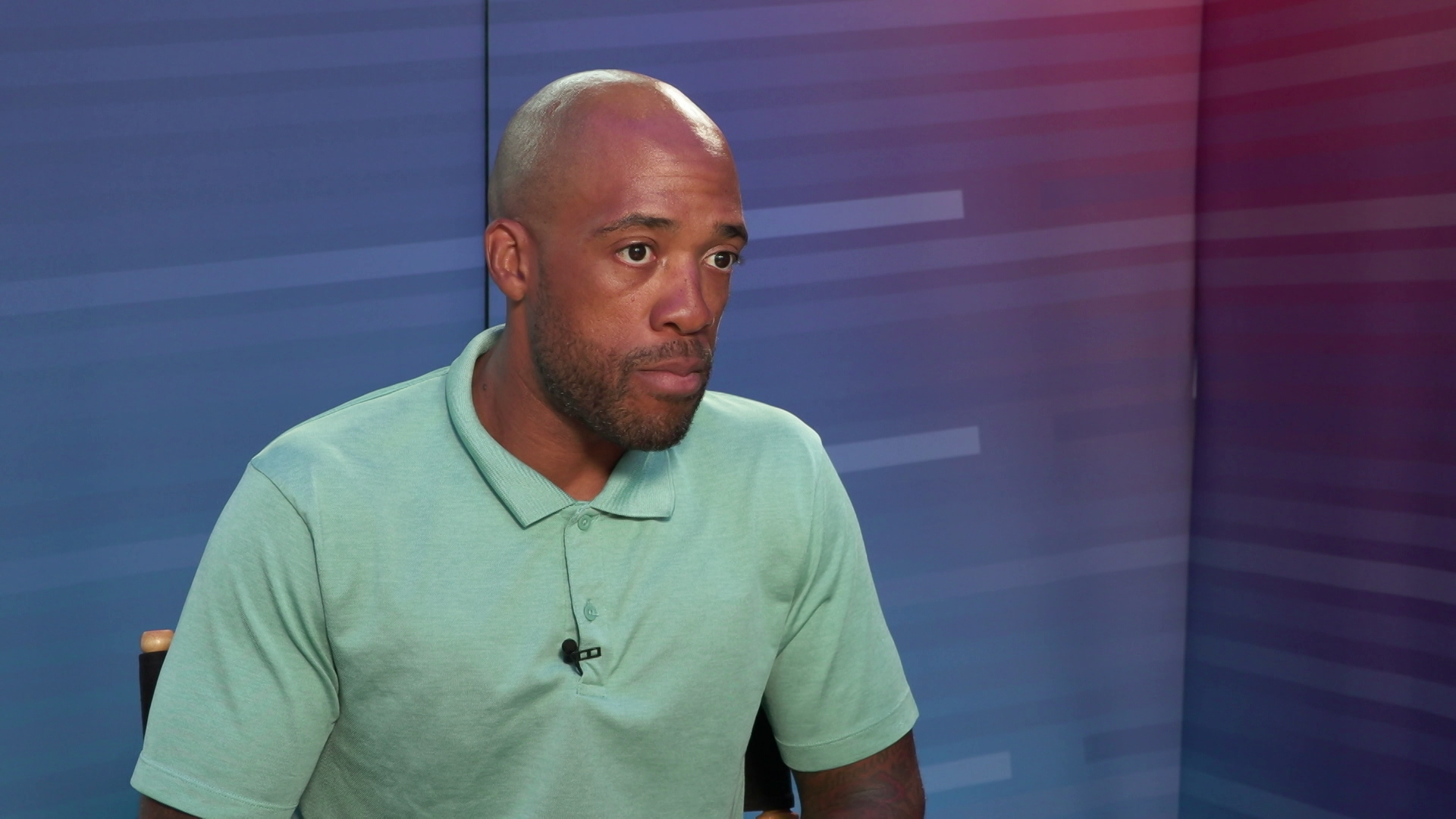
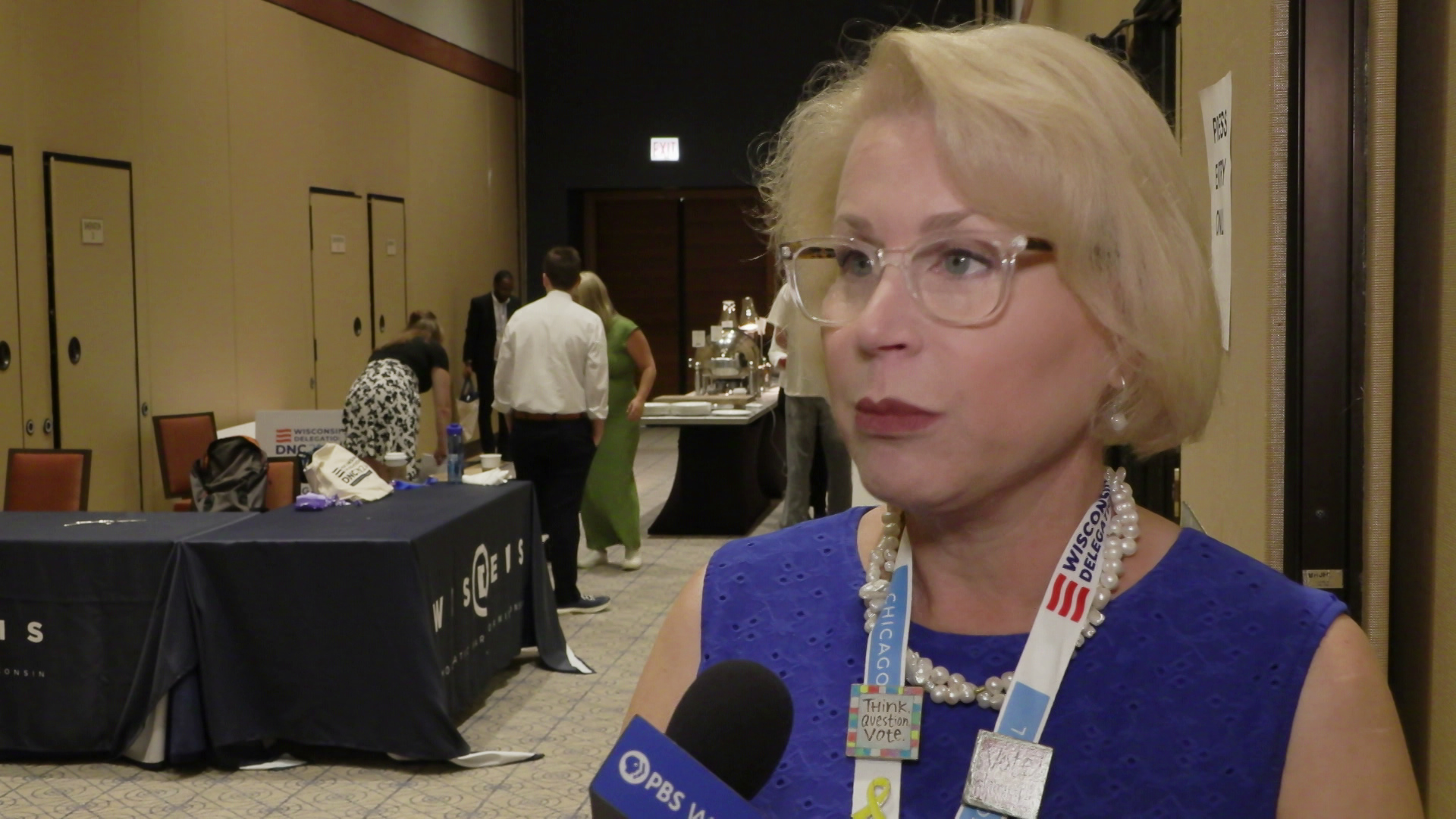
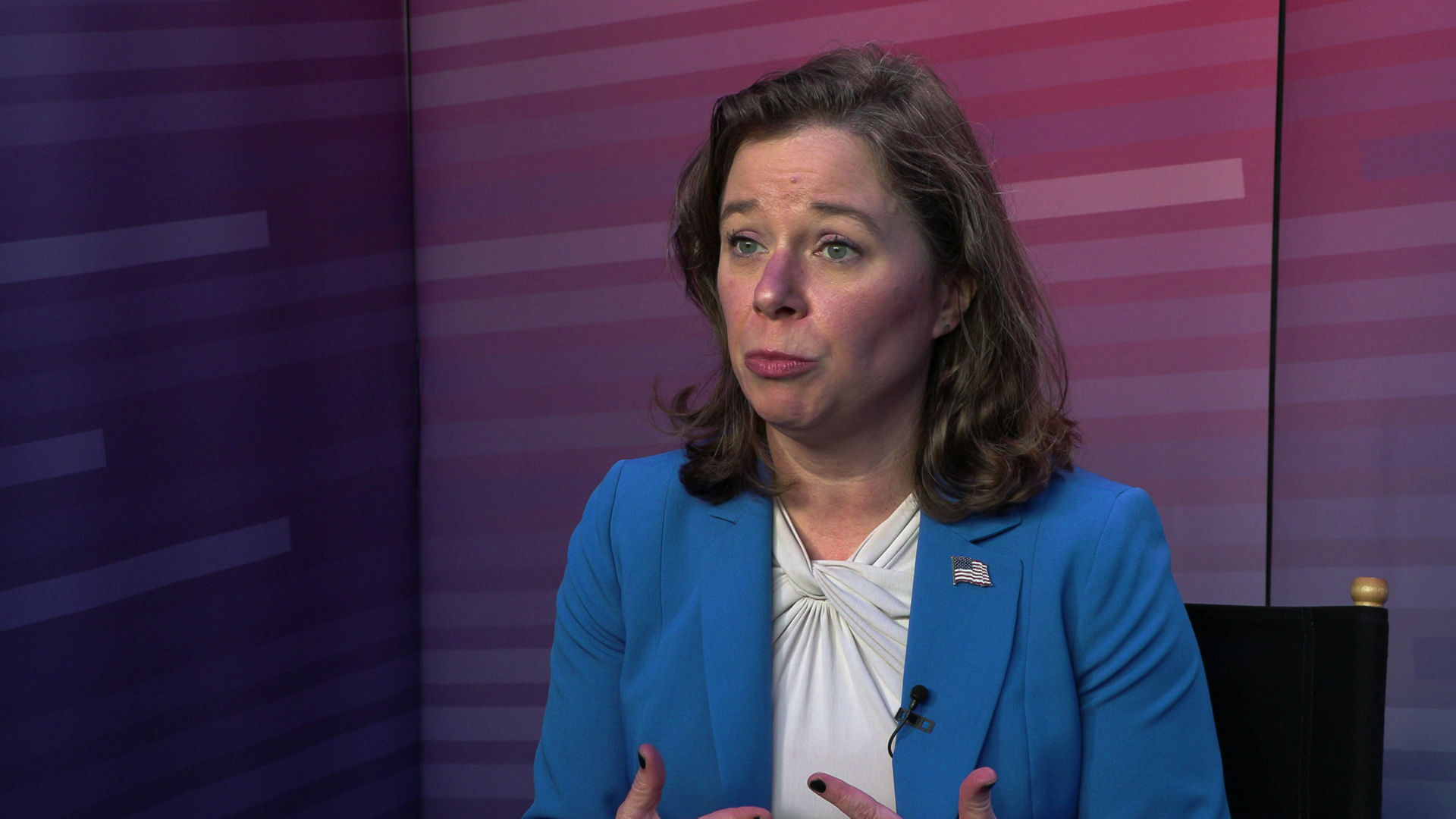
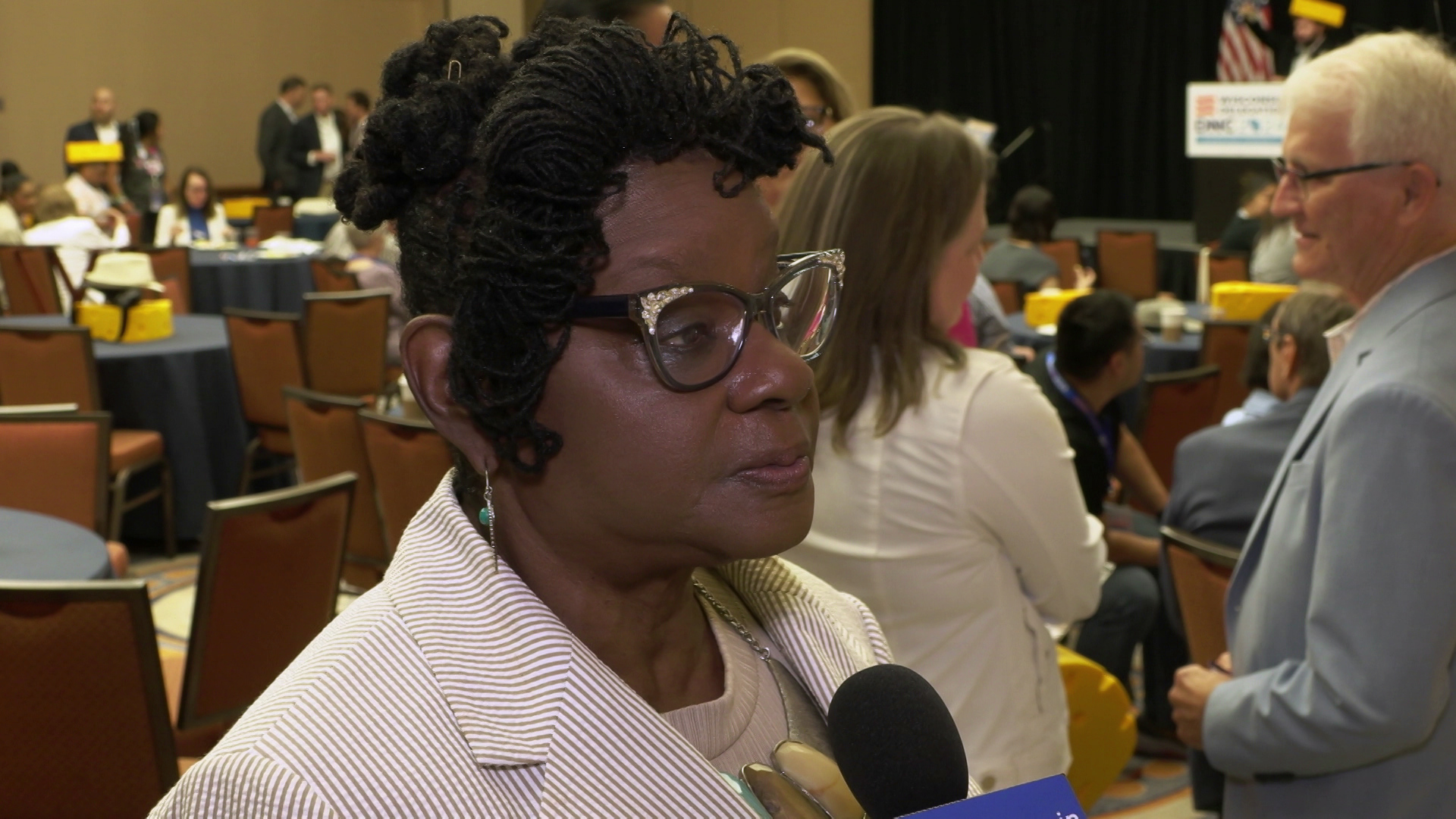
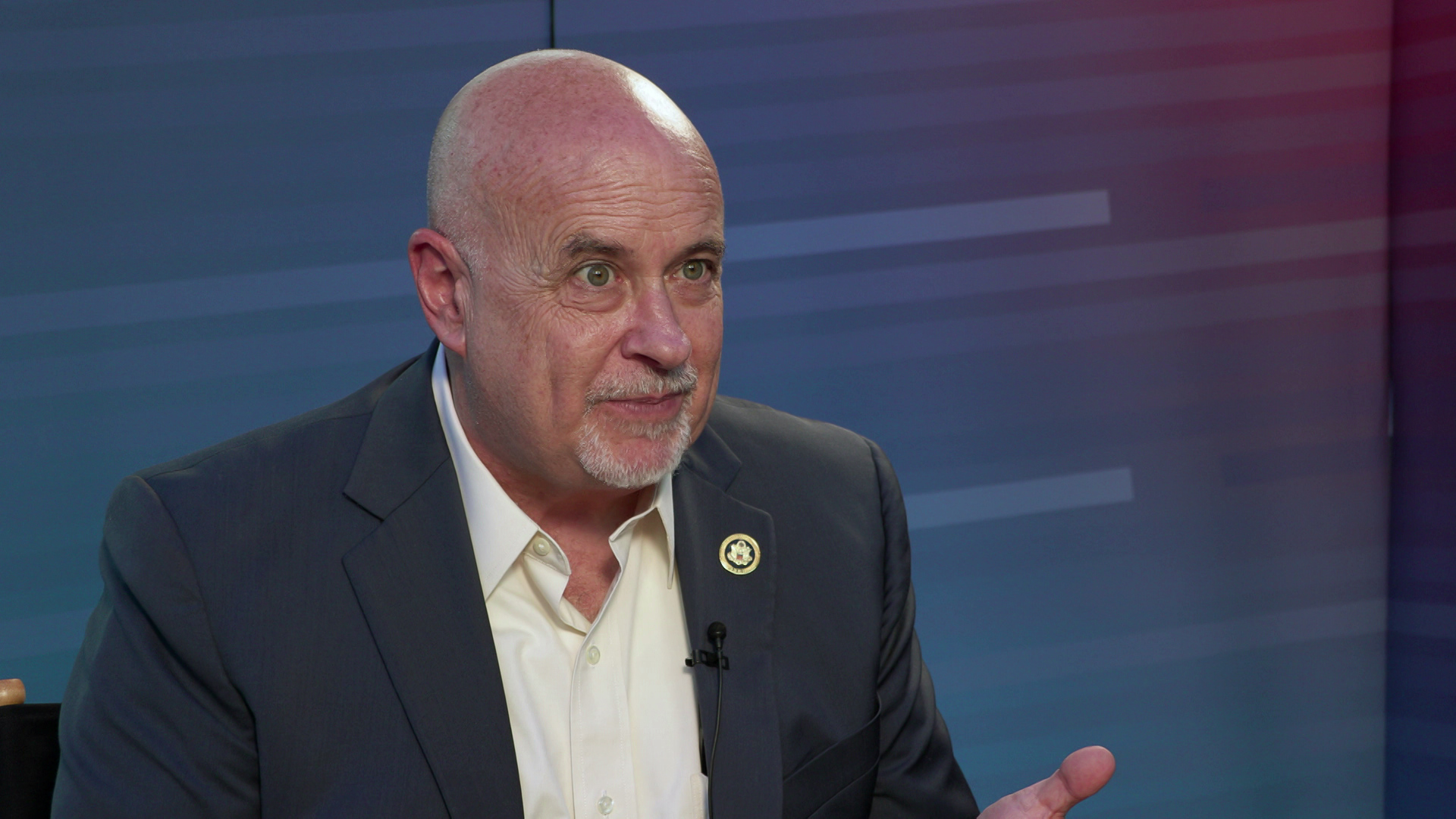
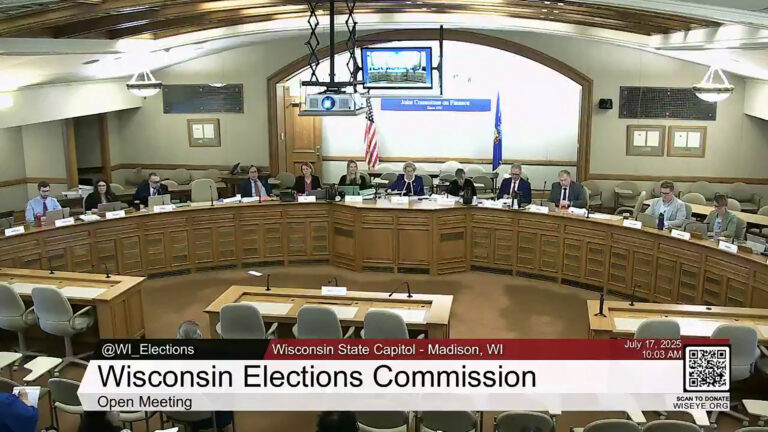






Follow Us